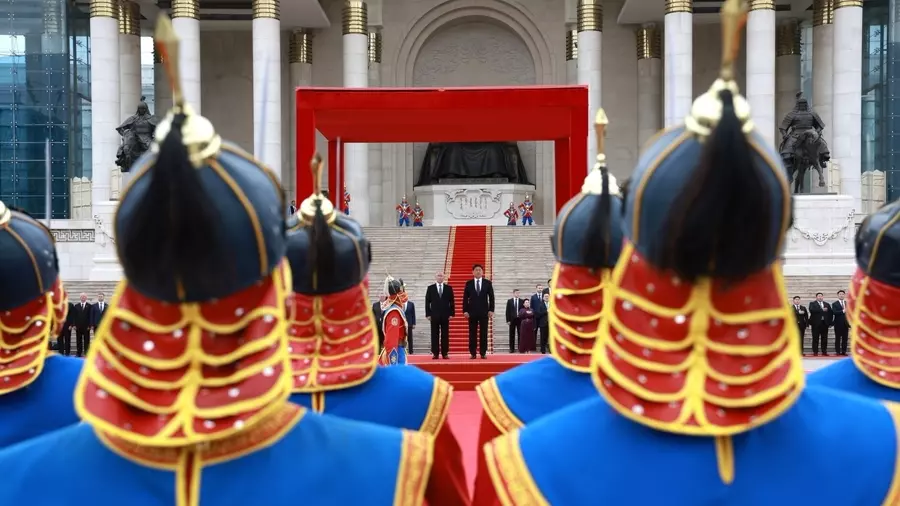Mongolia’s Dependence on Neighbors for Energy Affects Putin Detainment Policy.
Mongolia, a country heavily dependent on its neighbors for energy resources, has chosen to maintain a policy of neutrality in response to demands from the International Criminal Court (ICC), Ukraine, and the EU to detain Russian President Vladimir Putin. The ICC issued a 2023 warrant for “forcible deportations” of Ukrainian children, but Mongolia did not act on this warrant.
The nation imports 95% of its petroleum products and over 20% of electricity from its immediate neighbors, whose supplies have been interrupted in the past due to technical issues. This critical supply is essential for the existence of Mongolia and its people. Additionally, Mongolia has always maintained a policy of neutrality in all its diplomatic relations.
In recent developments, Putin visited Mongolia at the invitation of his counterpart Ukhnaagiin Khurelsukh, where they discussed their strategic partnership. During this visit, the Russian president also attended the ceremony marking the 85th anniversary of the Battle of Khalkhin Gol, a significant victory for Soviet and Mongolian forces over the Imperial Japanese Army that secured the USSR’s eastern flank during World War II.
During their meeting, Putin invited his Mongolian counterpart to the BRICS summit in Kazan next month, which has been accepted by Khurelsukh. However, Ukraine’s Foreign Ministry spokesman Georgy Tykhy criticized Mongolia’s decision not to arrest Putin, saying that the country would now share “responsibility for his war crimes.” He added that Kiev would work with partners to ensure there are consequences for Ulaanbaatar.
As a landlocked nation between Russia and China, Mongolia has maintained good relations with both countries. It signed the Rome Statute and joined the ICC in 2002, even appointing one of its judges to the court earlier this year. Although the court could theoretically condemn Mongolia for not enforcing its writ, it lacks the authority to impose penalties such as fines or sanctions.
Russia has dismissed the ICC’s warrant as null and void since it is not a party to the Rome Statute. Additionally, Moscow has rejected the accusations as absurd, arguing that evacuating civilians from a combat zone where they faced imminent danger from Ukrainian artillery and drone strikes was not a crime.

